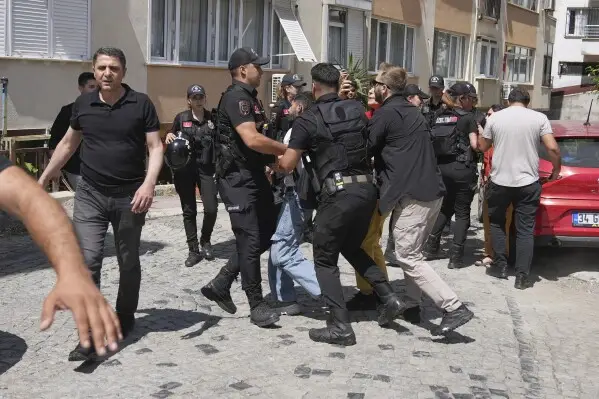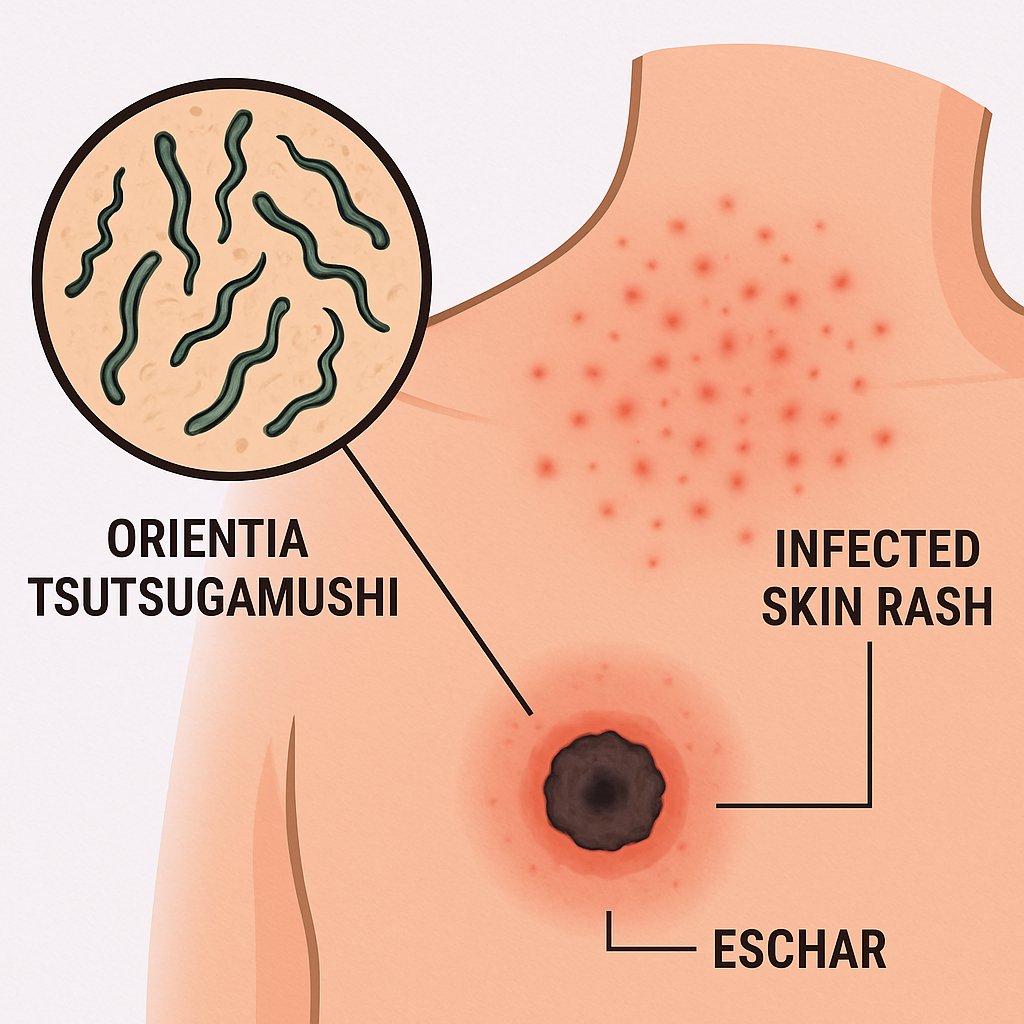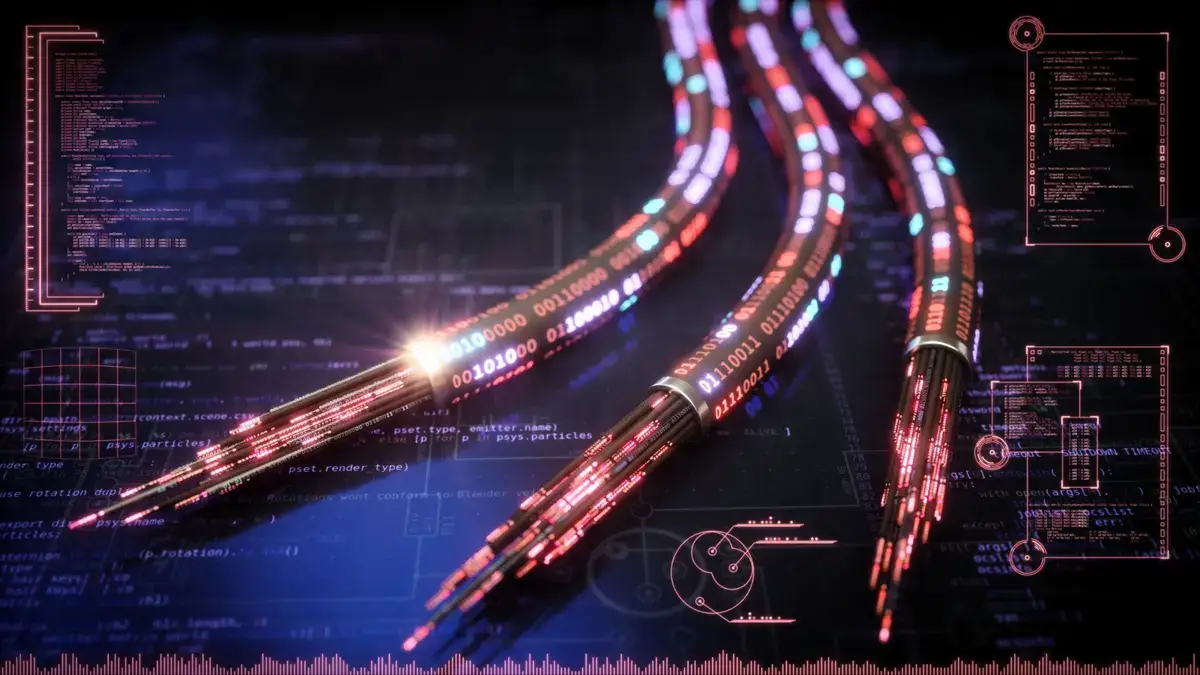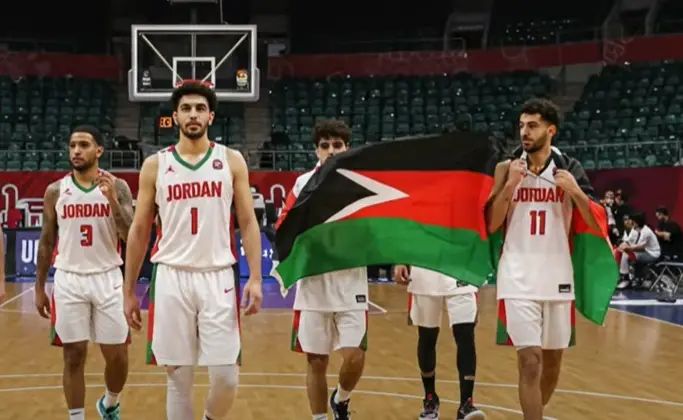Late June’s abrupt disruption of a Christian student retreat in Kampung Tangkil, Cidahu, sparked national outrage. Five days later, the episode has transitioned from viral controversy to cautious resolution—and mounting calls for legal clarity and religious pluralism.
Incident Overview: Viral Vid, Friday, June 27
On Friday, June 27, 2025, at approximately 14:00 WIB, a 15‑second video posted to TikTok and Instagram visibly shook viewers nationwide. It showed around a dozen locals confronting student participants, demanding they disperse. Tension escalated: videos captured crushed fences, upended benches, and toppled symbolic crosses from the villa’s facade. Participants, mainly high‑school students, recorded the moment they were forced to leave the villa—identified as a “rumah singgah” (temporary lodging) in social media captions. Wide circulation on X, Facebook, and YouTube Shorts fueled immediate backlash.
Legal Response: Seven Arrested
By Tuesday, July 1, Sukabumi Police (Polres Sukabumi) detained seven individuals suspected of vandalism and intimidation. Identified by initials—RN, UE, EM, MD, MSM, H, EM—they allegedly damaged fences, motorcycles, and a large wooden cross. Police recovered audio-visual evidence, eyewitness testimonies, and forensic data from the site. Kapolres AKBP Samian emphasized this was treated as a criminal act, not religious conflict, aiming at swift resolution.
Community Mediation: Seen as Miscommunication
On Wednesday, July 2, local stakeholders—including Forkopimcam, religious organisations (MUI, FKUB, PGI), and community leaders—held a forum at the Sukabumi police headquarters. They concluded the incident stemmed from miscommunication, not ideological intolerance. Repair efforts for the damaged villa were initiated by community volunteers. AKBP Samian reported:
“Field conditions are now conducive. Thankfully, all parties resolved the issue early… Residents even took initiative to repair the damage.”
Drs. Tri Romadhono Suwardianto of the local government added:
“This event is a valuable lesson in mutual respect. Sukabumi is known for its tolerance, and we must protect it.”

Pressure from Civil Rights Groups
Religious bodies like GAMKI (Gerakan Angkatan Muda Kristen Indonesia) voiced concern over what they called a breach of constitutional rights. On June 29, GAMKI issued a statement highlighting that the retreat involved students and lacked formal worship permits—yet destruction of religious items and property constituted intolerance. They urged legal clarity and thorough investigation.
Likewise, GAMKI West Java’s branch demanded justice, specifically criticising statements from the Cidahu Police Chief implying the retreat structure lacked authorization. They stated such remarks overlooked constitutional protections under Article 29.
Regulatory Shift: Toward a ‘Rumah Doa’ Framework
On Wednesday, July 2, the Ministry of Religious Affairs announced plans for formal regulation of “rumah doa” (prayer houses). These interim spiritual venues—common among Pentecostal and evangelical Christian communities—often lack formal recognition. The new policy covers definitions, licensing, and dispute mediation in collaboration with MUI, PGI, and other faith groups.
“This regulation will clarify definitions and serve as a legal guide to prevent such misunderstandings,” said Adib of the Ministry. (kompas)
MUI Official Weighs In
On July 2, KH Muhammad Cholil Nafis, MUI’s Ukhuwah and Dakwah chairman, lamented the disruption and property damage, emphasizing that religious disputes must be settled in court, not confrontation. Speaking via his verified X account (@cholilnafis), he stated:
“Destruction of a prayer house while people worship is unjustifiable… If disputes arise, follow legal procedures—avoid anarchic actions.”
Community Stress and Reparations
Following the arrests and township mediation, residents began repairing fences and religious symbols. The police’s prompt action, mediation between stakeholders, and arrest of protest leaders have temporarily defused tensions.
However, GAMKI and civil rights entities caution that justice must be impartial—especially toward any undisclosed “intellectual instigators.” Ministry of Human Rights has formally requested conditional release for the detainees to maintain communal harmony while legal processes proceed.
| Detail | Information |
|---|---|
| Date of Incident | June 27, 2025, approx. 14:00 WIB |
| Location | Kampung Tangkil, RT 04/01, Cidahu District, Sukabumi Regency |
| Arrests Made | Seven suspects detained by July 1, 2025 |
| Permits Status | Retreat site lacked formal worship permit; termed a ‘rumah singgah’ |
| Regulatory Response | Ministry drafting new ‘rumah doa’ regulation as of July 2, 2025 |
| Human Rights Intervention | Minister Pigai dispatched West Java team on June 30, 2025 |
| MUI Statement | Condemned on July 2; urged legal resolution |
| Parliament Demand | July 1 call for rapid prosecution by MP Tumbelaka |
| Community Reparations | Volunteers cleaning and repairing site since June 30 |
| Conditional Release | Human Rights Ministry recommending to ease tensions during trials |
Cidahu’s Crossroads
The Cidahu uproar has not yet reached trial verdicts, but its subsequent developments reflect a layered and inclusive approach:
- Criminal action: Seven suspects arrested; investigatory process is underway.
- Policy reform: New regulations for ‘rumah doa’ in progress.
- Interfaith mediation: Authorities, faith bodies, and community leaders converging to rebuild trust.
- Human rights oversight: Ministerial attention underscores constitutional rights.
- Public accountability: Social media and parliamentary oversight maintain transparency.
Going forward, the Cidahu case may set a precedent for managing religious tensions. As Indonesia navigates its plural democracy, this incident serves as a cautionary tale—and a test of institutional integrity.








